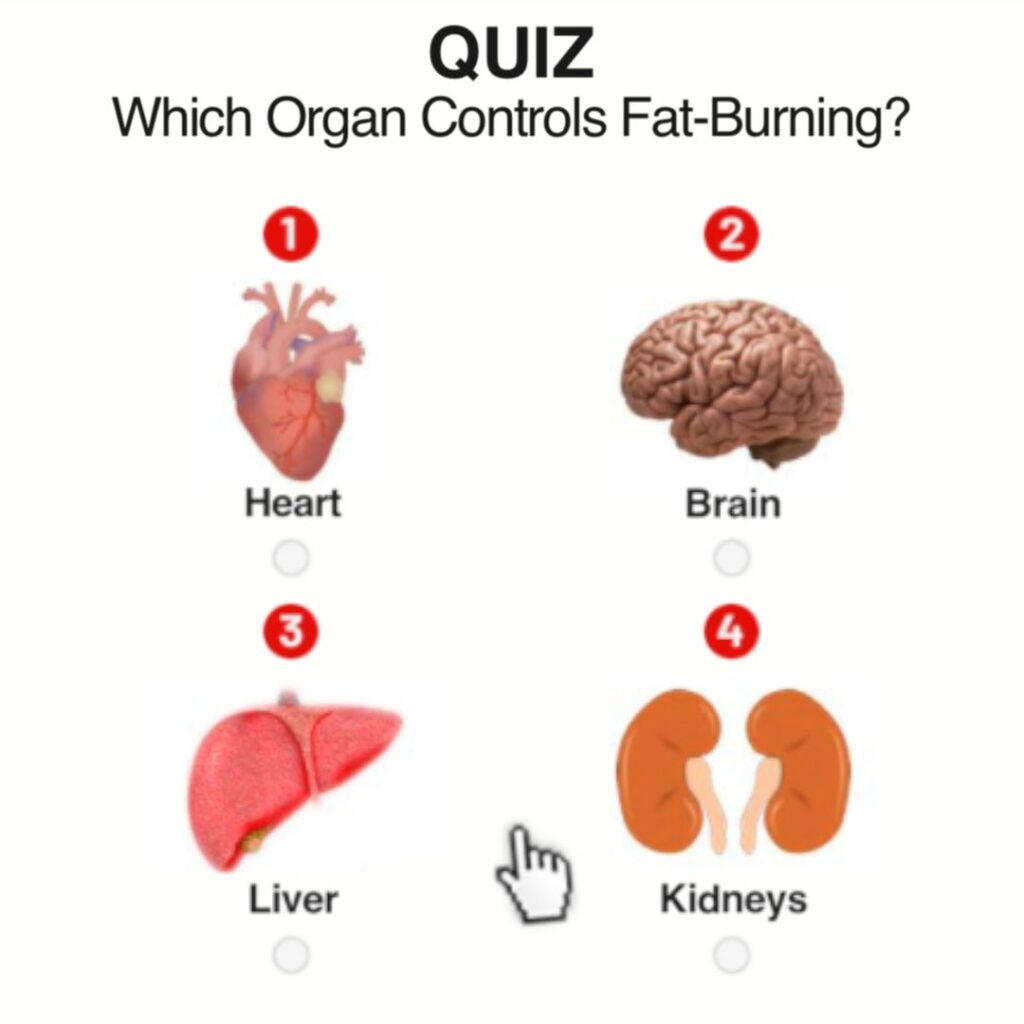Your answers to what is diabetes?
Do you know if you have diabetes?
Do you know what diabetes is and whether you have it?
Before I deal with these questions let me point out a few facts about this disease.
- It is one of the fastest growing diseases in first world countries and lately, has taken a foot hold in third world countries.
- It is wreaking havoc on the population of the United States, growing by leaps and bounds over the past few decades . . . affecting both young and old.
- It is estimated that a quarter of the United States population has diabetes or is pre-diabetic. Worldwide some 600 million people have this disease. That’s a lot of people.
- It can cause heart attacks, blindness and kidney disease . . . just to name a few of its side effects.
- One report states that it is costing the state of California $ 24 billion annually to treat. ‘One in seven California residents has diabetes’. Imagine the impact it’s having on the healthcare system there and around the country.
So you want answers to what is diabetes? Lets define this disease.
Definition
Diabetes Mellitus, as it is formally called, is a condition whereby the body does not produce insulin or has lost the ability to produce and respond to it.
Insulin is a hormone that helps to get sugar (glucose) from the blood stream to body’s cell where it’s needed for energy. You can call it the key that unlocks receptors in the cells to allow glucose to get in.
Types of diabetes
There are three main types of diabetes:
- Juvenile onset or type 1 diabetes which occurs when the body can’t produce any insulin. This usually happens to teens and preteens.
- Adult onset or type 2 diabetes which normally affects older people – especially those who are 40 years old or more. Some causes include genetics, consuming a poor diet combined with inactivity, being overweight or belonging to certain ethnic group.
- Gestational diabetes which occurs in women who have high blood sugar during pregnancy.
Of the above three types of diabetes, the most common one is type 2. The focus of this article and later posts will mainly be on type 2 diabetes.
In many instances type 2 diabetes can be reversed, or at the very least its complications can be lessened with a change in life style. This means there must be a change in diet followed up by becoming more active. It seems fairly straight forward but one must know that they have it in-order to take the necessary steps to fix it.
Seven main indicators of type 2 diabetes
Now that you have answers to ‘what is diabetes’, lets look at some at of the symptoms. So how do you know if you have this type of diabetes? There are many symptoms that would signal the beginnings of (pre-diabetes) or full-blown diabetes. They include:
- Frequent urination
- Excessive thirst and hunger
- Unusual weight loss
- Constant fatigue
- Blurred vision
- Irritability
- Tingling and numbness in your hands and feet . . . usually called peripheral neuropathy
If you are regularly experiencing more than one of these indications, please check with your doctor or health-care provider. They can confirm whether you have this disease or not and recommend the next steps. Although anyone can get diabetes it is seems to affect African-Americans, Latinos, Native Americans and people of Asian Pacific origins more than other groups of people.
Consequences of untreated diabetes
If type 2 diabetes is left unchecked it can lead to kidney failure. Imagine what it’s like to be hooked up to a dialysis machine three times per week for the rest of your life . . . Who wants that?
It could also cause blindness, peripheral neuropathy, strokes, heart attacks and even amputations. This is not a disease to be taken lightly as the consequences can be life changing.
There are some 26 million known diabetics in the US alone. World-wide it is estimated that there are 600 million people who have been diagnosed with it. How many people are walking around with this disease and don’t know they have it?
You now have answers to ‘what is diabetes’. If you suspect that you have it based on the symptoms listed above please seek professional help.
The good news is that once it’s confirmed that you have diabetes there are corrective measures that can be taken to prevent complications if caught in time. Research is ongoing to find a permanent cure for this disease but until then follow your doctor’s advice and control your weight through diet and exercise. The earlier you know, the sooner you can take the necessary steps to correct it.
To a healthier you,
Owen Lecky







Thanks for the good writeup. It in fact was a entertainment account it. Look advanced to far added agreeable from you! However, how can we be in contact?
[…] all know by now what diabetes is and how it affects the amount of sugar in our blood stream. In the same way that it affects our […]
Keep this going please, great job!
xaueofyfsdjtftgpsejbcfuft, HGH, gREbpEx, [url=http://tampataxishots.com/]Growth hgh hormone human review reviewnet[/url], fvnRPHV, http://tampataxishots.com/ HGH, kgFjmbt.